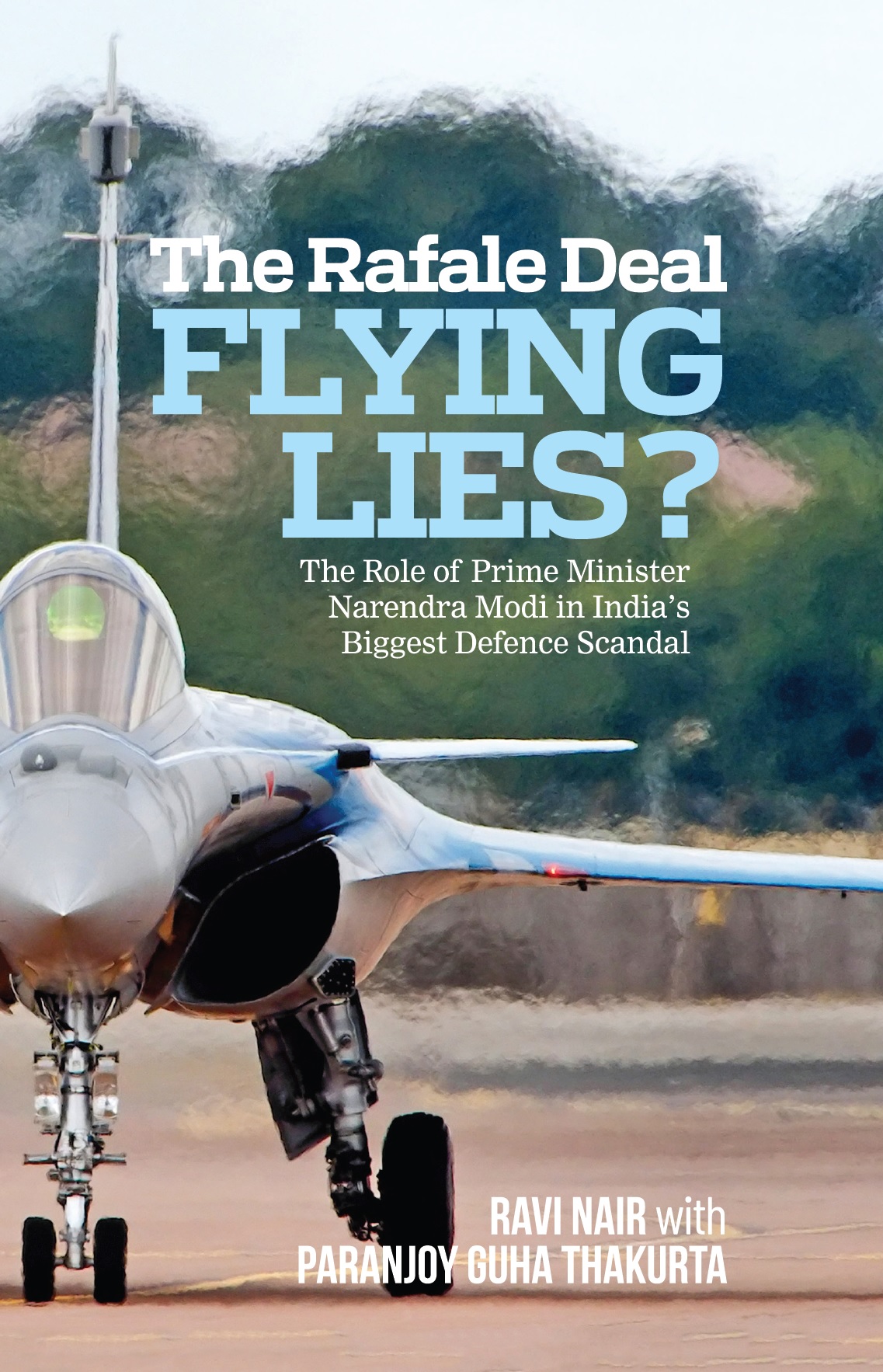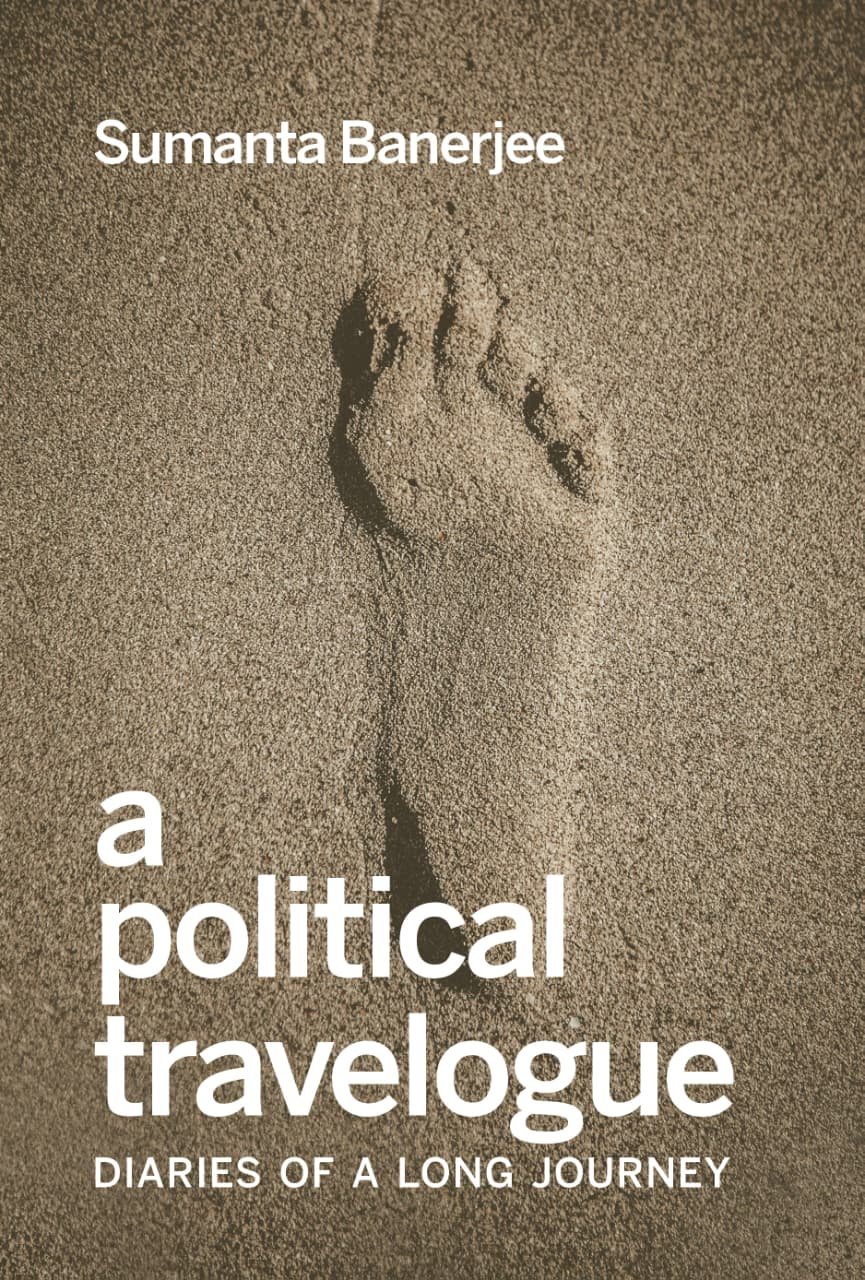Why has the Narendra Modi government apparently acted in a vindictive manner by preventing Delhi Chief Minister Arvind Kejriwal from entering his office during a raid on Tuesday by the Central Bureau of Investigation on one of his senior bureaucrats?
At first glance, the move appears politically damaging. Whatever be the merits of the CBI's decision to search the office and premises of the Principal Secretary to the Delhi government Rajendra Kumar, the Modi government may end up making Kejriwal a hero. Why would the government want to act in this manner?
Let's assume for the sake of argument that the concerned bureaucrat is corrupt to the core. Will the argument that Kejriwal is protecting a corrupt officer be considered more important than the counter-argument that it is unseemly for an elected chief minister to be prevented from entering his office?
What if the CBI chooses to raid a civil servant accused of corruption who works in the Prime Minister's Office? Would the PMO be shut down for even an hour in such a hypothetical situation?
Shot in the arm
More than the court order on the National Herald case that has been sought to be painted as an act of political vendetta against the Congress president Sonia Gandhi and her son, party vice president Rahul Gandhi, this episode has the potential not just to unite the political opponents of the Bharatiya Janata Party but also to rejuvenate them in a manner in which few could have imagined.
To argue, as various Union ministers have, that the government has nothing do with the actions of the CBI, which is supposed to be independent of the government, is unlikely to convince many people, not even die-hard Modi supporters.
Let us believe the CBI director Anil Sinha that not a single BJP minister or government functionary has called him or any of his officers to suggest what they should be doing. However, this is not the popular perception of the country's so-called country's premier police investigative agency.
In the aftermath of this raid, even senior BJP leaders believe that it will be an extremely challenging task for the Modi government and the BJP to handle the political fall-out of this episode. Why?
The defence
That the government had given up on ensuring that legislative business would take place during the winter session of Parliament became evident when Finance Minister Arun Jaitley on Monday described it as a "wash-out" in a television interview. In other words, the government was expecting a ruckus in Parliament on Tuesday morning.
A senior BJP member, speaking on condition of anonymity, outlined some of the arguments that would be put out by spokespersons of the government and the party over and above the case that they have made already.
One, the party does not hesitate to take strong action against its own if there are serious allegations against them. Example: the arrest in June of Laxmikant Sharma, the Minister for Higher Education in Madhya Pradesh, for his involvement in the Vyapam scandal relating to corruption in admissions to medical and engineering colleges in the state.
Two, there is nothing unusual about the CBI not informing chief ministers before conducting raids on government officials. Rajasthan Chief Minister Vasundhara Raje was kept in the dark about the impending arrest of her government's Principal Secretary, Mines, Ashok Singhvi, in September.
Three, it is standard operating procedure for the CBI to examine files marked to a chief minister (even if these are in his office) during raids on one of his important bureaucrats who has been accused of corrupt practices.
But this raid, this official admitted, would polarise the polity.
"It is us [that is, the BJP] and some of our partners in the NDA [National Democratic Alliance] versus just about everybody else in the country,” this person said. “Even political rivals like the Left and the Trinamool Congress, the Samjawadi Party and the Bahujan Samaj Party will come together on this issue – and this is something pretty amazing and pretty bad news for the Modi government.”
A self-goal
To be able to unite India's fractious and fragmented opposition at a time when the Congress, the Left and the BSP are weaker than they ever have been, is indeed quite an achievement.
In October 1977, after the Morarji Desai government (with Charan Singh as Home Minister) decided to arrest Indira Gandhi, this came to her as a most fortuitous move. She refused to be released on bail and insisted that she spend at least one night behind bars.
The arrest was successfully used by her to portray herself as a person who was being hounded by her political rivals. Indira Gandhi was able to convince many that she should be forgiven for the actions of those who committed excesses in her name during the Emergency. This was the beginning of her political comeback which, of course, came more than a year later when general elections took place in December 1979.
It’s a lesson from history that the central government would do well to remember.


